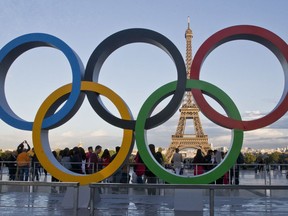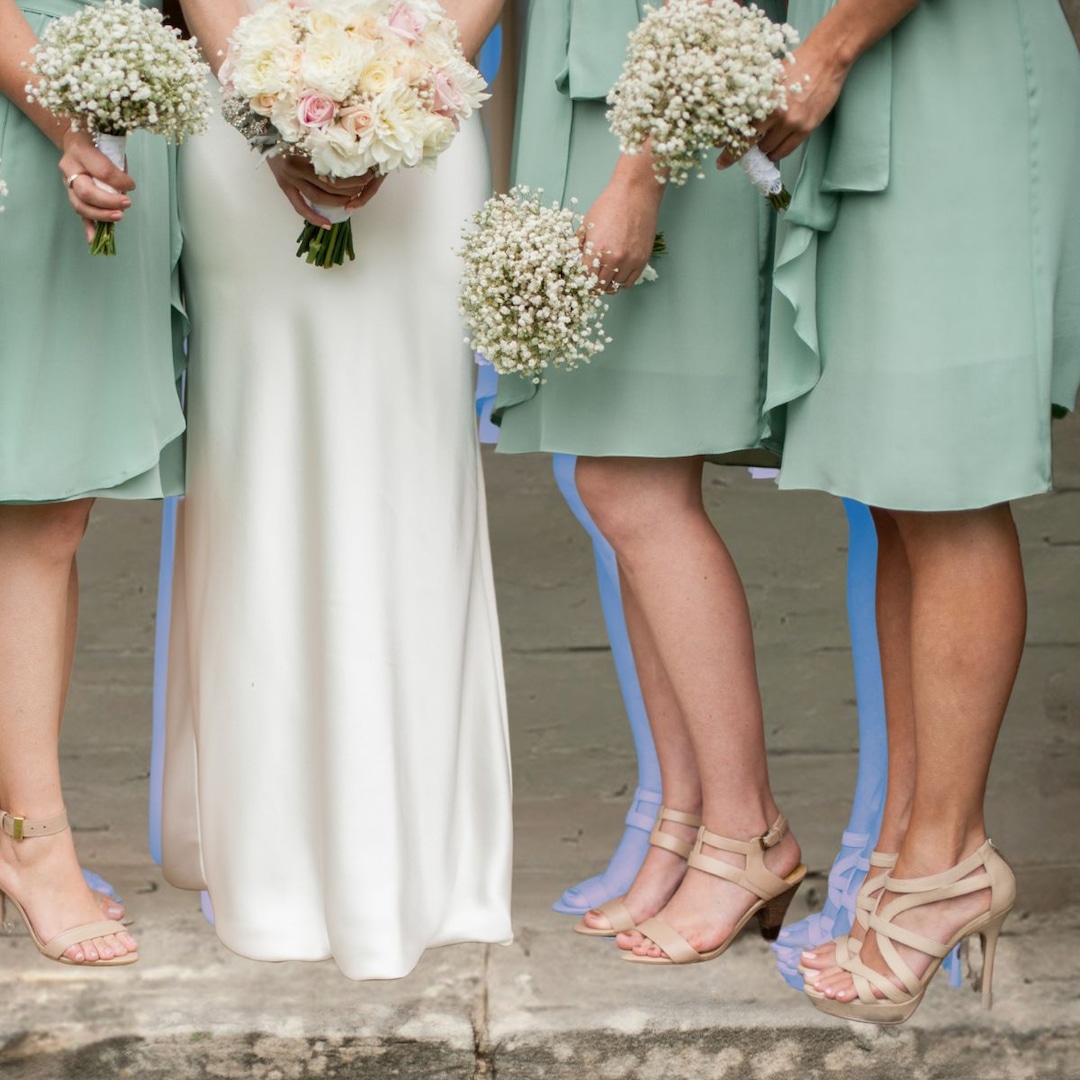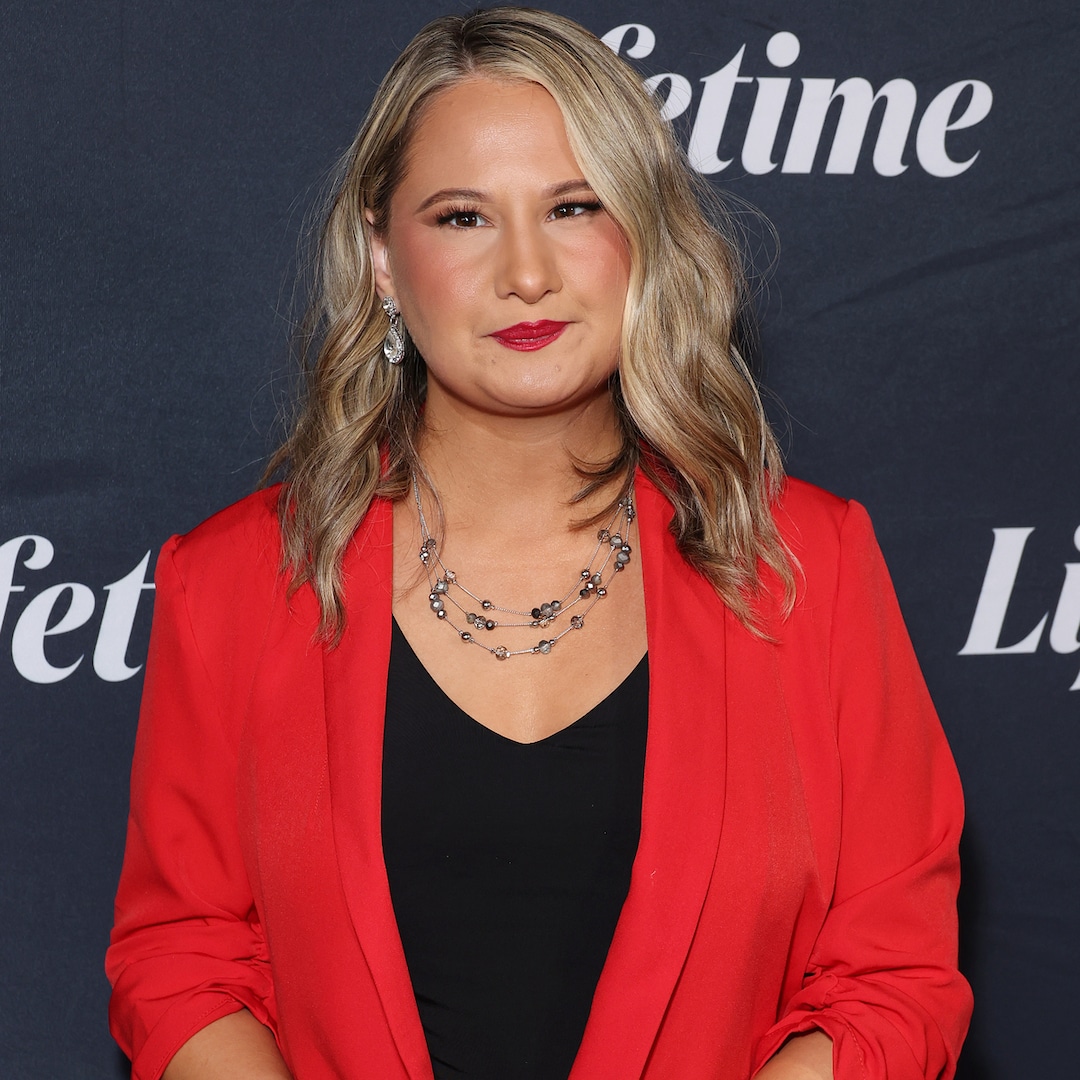First-of-its-kind move challenges the old notion that Olympics athletes should be competing solely for the love of the sport
Article content
Track and field athletes competing in the Paris 2024 Olympics will have cold hard cash to go with their gold, the sport’s governing body has announced.
Last week, World Athletics announced its “landmark decision” to pay $50,000 to gold medalists in 48 men’s, women’s and mixed athletic events this summer.
Article content
The total prize pot of US$2.4 million will go to the champions of track and field competitions, which involves throwing, running, jumping and race walking. Relay winners would share their cash prize with the team.
Advertisement 2
Article content
The prize money will come out of the share of Olympic revenue that the International Olympic Committee distributes to World Athletics. World Athletics said silver and bronze winners would also win prize money at the 2028 L.A. Olympics.
The IOC has said that 90 per cent of the revenues from the Games are distributed to the international Olympics organizations to promote athlete development.
Recommended from Editorial
The news last week grabbed attention, not so much because anyone is going to get rich, but because it marked the first instance of someone in charge — someone running the show — dipping into their coffers for the prizes, something the IOC continues to resist.
That hasn’t stopped individual countries from paying medal winners across all sports for years. For instance, the U.S Olympic and Paralympic Committee runs “Project Gold,” which doles out $37,500 for gold, $22,500 for silver and $15,000 for bronze.
Team Canada athletes will receive “$20,000, $15,000 and $10,000 for winning Olympic gold, silver or bronze medals respectively,” according to the Canadian Olympic Committee website.
Article content
Advertisement 3
Article content
That would place both countries are at the lower end of prize money offered winners, according to The Washington Post.
Singapore has paid out $745,264 for a gold medal, while Moldova pays $132,000 and Romania offers $79,000, plus monthly income for life, according to a BBC story from 2016.
This year’s host country will give France’s gold medalists around $85,000 apiece. These kinds of payments, along with the endorsement deals that have become commonplace for the upper-echelon sports, long ago undercut the old notion the Olympics were founded upon: That athletes should be true amateurs playing strictly for the love of sport.
World Athletics’ decision has been welcomed by many competitors, and considered long overdue. But criticism that other Olympic sports are being minimized has also been lobbed. Some have argued that only a small group of track and field athletes, who make up about 20 per cent of all Olympians competing in France, would benefit.
“If we concentrate the money on only top athletes, only gold (medalists), then of course a lot of opportunities will disappear for athletes all over the world,” said David Lappartient, the president of cycling’s international federation.
Advertisement 4
Article content
“The Olympic spirit is to share revenues and have more athletes compete worldwide,” Lappartient added to Reuters.
Andy Anson, chief executive of British Olympic Association has also said World Athletics’ decision creates a divide.
“I think what wasn’t great about the announcement … is when one sport goes off and does something on their own, doesn’t include the other sports, the IOC or the national Olympic committees,” Anson told Sky Sports.
“They create a problem because now other sports are clearly going to get some scrutiny or even pressure from athletes saying: ‘Well what about our sport, how can this sport do it and not us?’ It’s a debate we can have but we need to have it at the right time, and the right place, and together.”
Artistic swimmer Daniella Ramirez, in her third year at UCLA, said earning cash is never a bad thing, but they’re fine with keeping cash out of the equation.
“Using (money) as a motivating factor was not something that I personally want to see in my own (life),” she said. “I just don’t think it should be something that’s in my mind at all. It should be a plus — like a bonus at the end of the year. … I just love the sport, and I think that’s my motivating factor.”
Reporting from National Post and Associated Press
Article content







